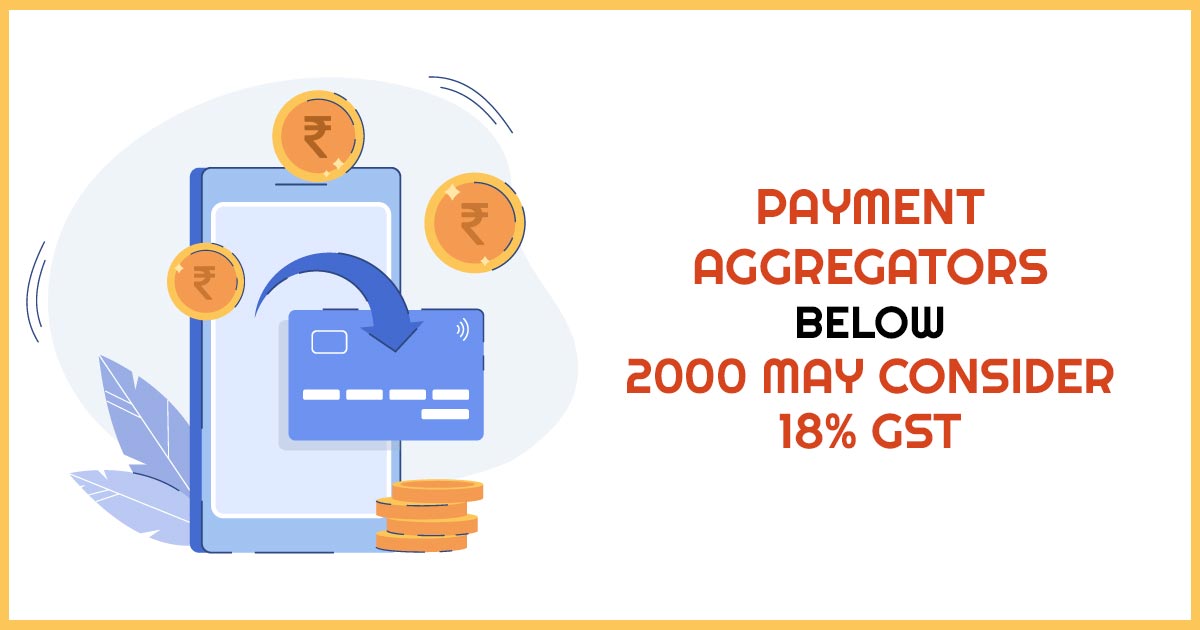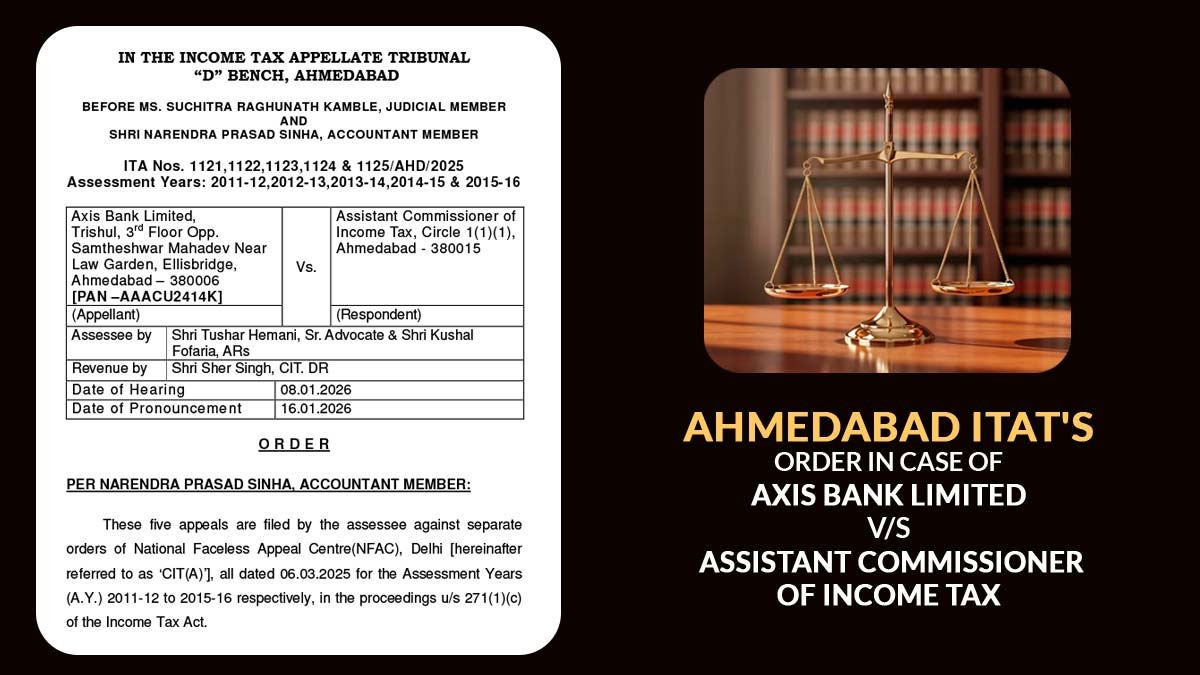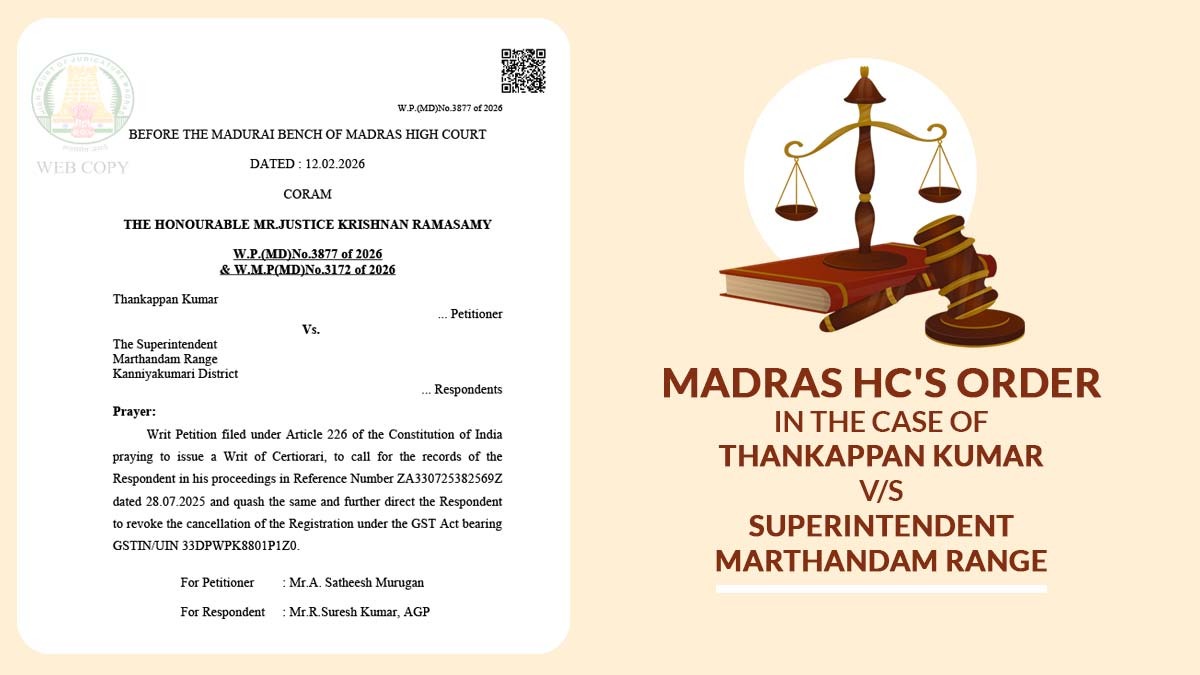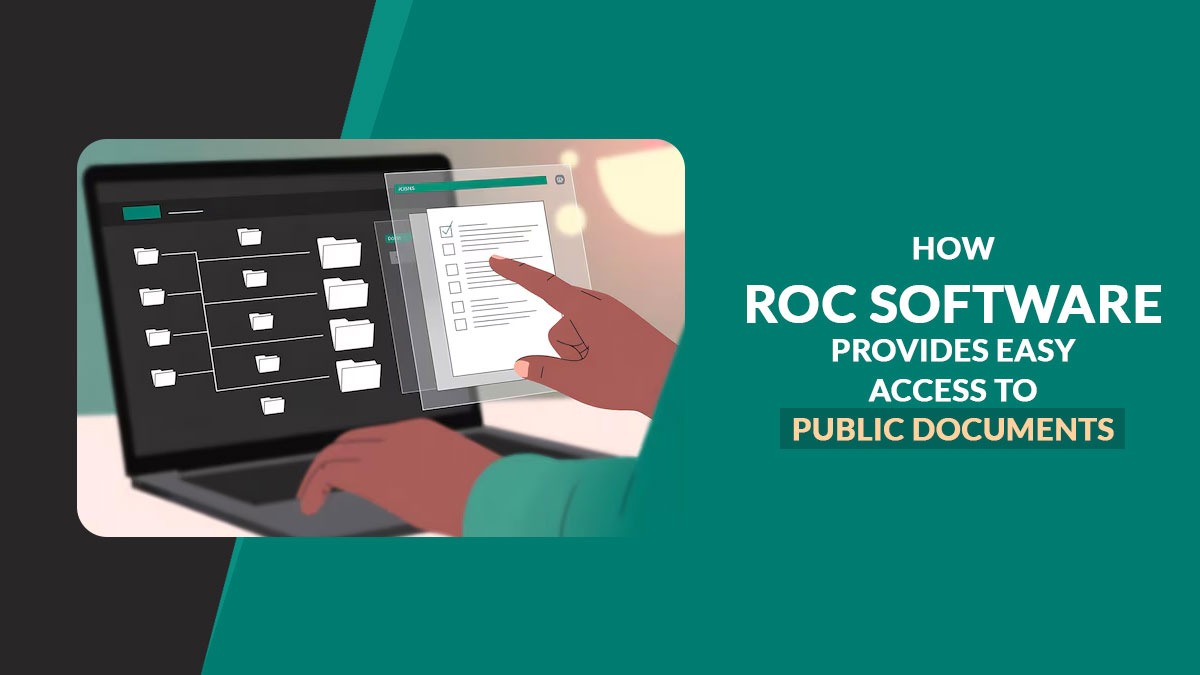
A proposal that levies an 18% on the payment aggregators (PAs) to streamline specific small-value digital transactions might be considered by the Goods and Services Tax (GST) Council.
The same proposal comprises of charging PAs 18% GST for processing transactions up to INR 2,000 made via debit and credit cards. Under the report, a final decision would be chosen via the council after the suggestions of the rate fitment committee.
In the report, it cited that the fitment panel assumes that the payment aggregators serve as intermediaries for these transactions and could not considered as banks. Consequently, the fitment committee is in favour of imposing the GST on such PAs.
GST exemption is there towards the payment aggregators on transactions of less than Rs 2000 as per the present regulations.
In 2016, following demonetization, the government waived the service tax on debit and credit card transactions for amounts up to INR 2,000 to encourage digital payments. This exemption was announced in late 2016, about eight months before the introduction of the GST in July 2017.
The measure to levy the GST on small-value transactions can have a direct bearing on numerous fintech startups with PA licenses along with Pine Labs, Razorpay, PayU, Infibeam, among others.
Such fintech may levy anywhere between 0.5% to 2% as payment gateway fees per transaction, they might be charged with other impositions which can move to the customers or merchants.
The same move can give rise to the compliance load for their customers and add the financial load on end customers.
The information is about the Reserve Bank of India (RBI) approving a large number of payment aggregator (PA) license applications from fintech startups. In June, the central bank approved Aurionpro and Hitachi Payment Services to function as a PAs.
More than 20 companies including Groww, Zoho, Juspay, Decentro, CRED, PayU, Enkash, Pine Labs, and Amazon Pay, among others have also received approval to operate as a payment aggregator since December last year.
In the start of the day, PayGlocal also received a nod from the RBI to operate as an online merchant payments company.
In April 2024, the RBI issued draft papers to regulate offline payment aggregators and asked for feedback from fintechs and industry bodies. However, several fintech startups have expressed concerns about the mandatory physical KYC verification requirement for merchants in the draft rules.
The Indian payment gateway market seems to grow to a size of $2.66 Bn by 2029, according to the report.









